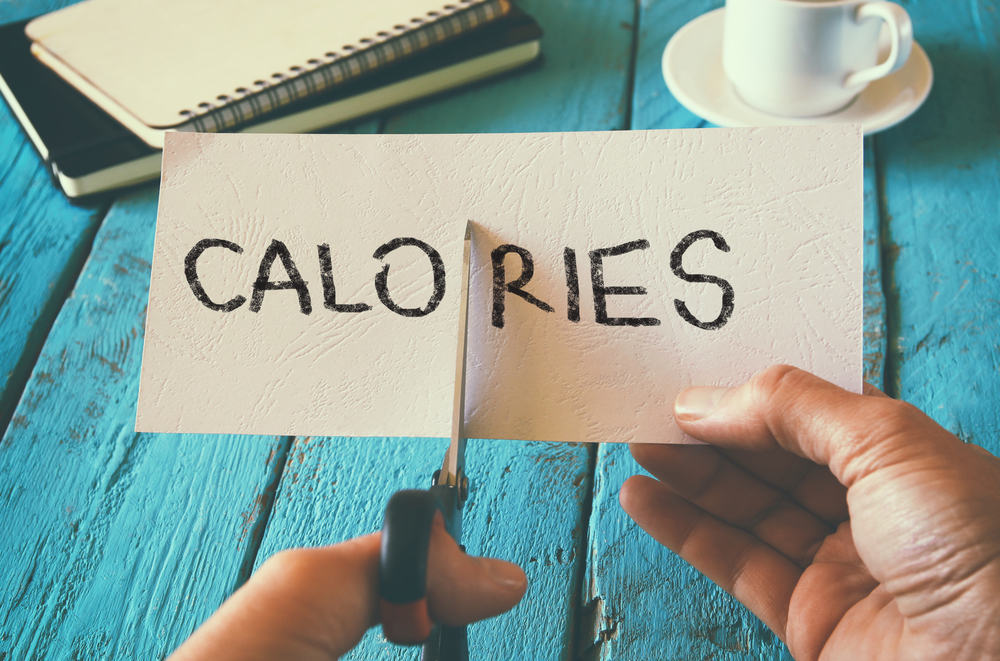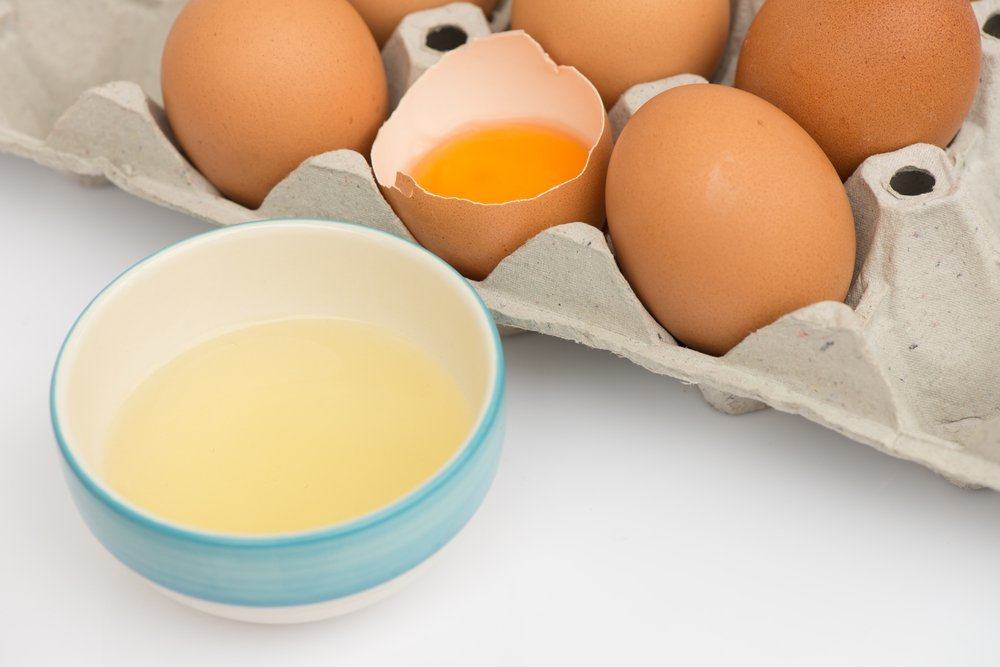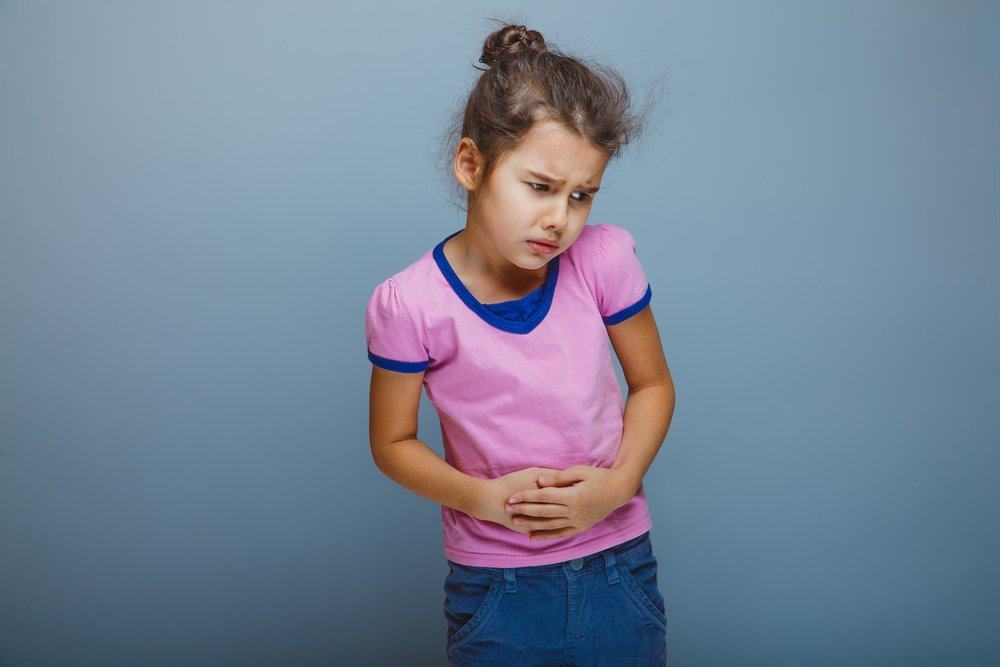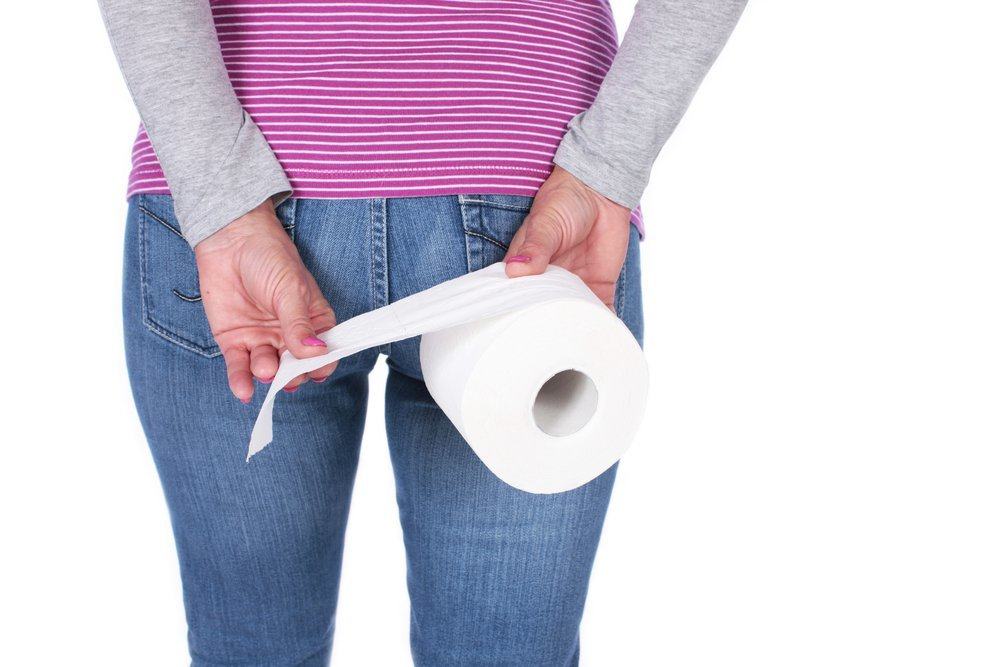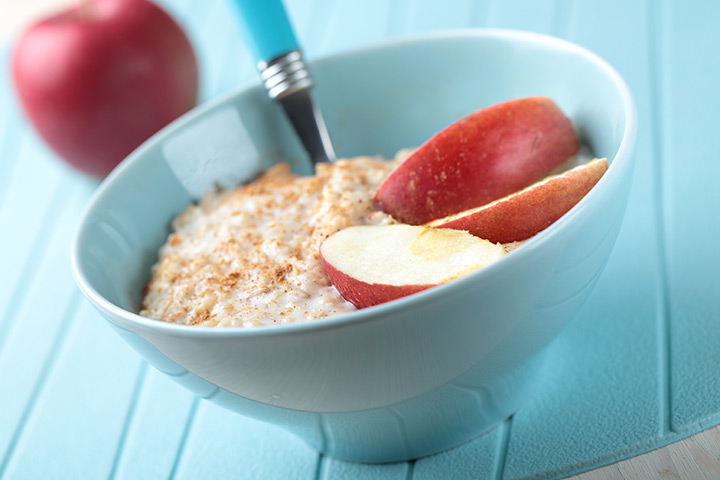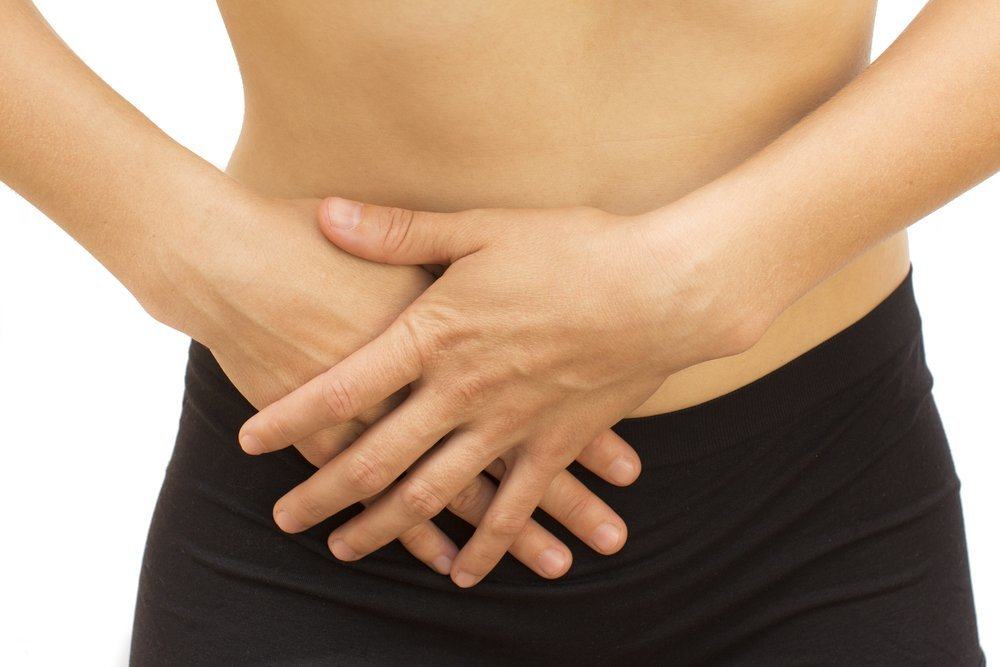Contents:
- Medical Video: What is a calorie? - Emma Bryce
- 6 things you need to know about calories
- 1. What are calories?
- 2. How many calories in food?
- 3. Are calories bad?
- 4. How do calories increase weight?
- 5. Why do large-bodied people have to consume more calories?
- 6. How do you lose weight with calories?
- 4 wrong myths about calories
- 1. All calories are burned in the same way
- 2. Calculating calories is the most effective way to diet
- 3. Sweating means burning lots of calories
- 4. The calorie label on food products is always correct
Medical Video: What is a calorie? - Emma Bryce
Recent public awareness of calories has increased. This is largely due to their disappointment in a low-fat and low-carbohydrate diet. But, even so, there are still many people who don't know what calories are, how calories work, and so on. Besides that there are still many myths about calories that many people believe. Therefore, here are a variety of facts and myths that will answer all your questions about the calories in food.
6 things you need to know about calories
1. What are calories?
Calories are a unit of measurement for energy in food. Calories were first established in France in the early 1800s. Food calories (kilocalories) is the amount of heat (energy) needed to raise the temperature of 1 ° C from 1,000 grams (1 liter) of water. These researchers use bomb calorimeter to measure calories. However, nowadays food manufacturers do not use these tools to detect the number of calories, they only add calories from ingredients based on a standard database.
2. How many calories in food?
The food component usually provides calories: carbohydrates as much as 4 calories per gram, protein as much as 4 calories per gram, fat 9 calories per gram, and alcohol 7 calories per gram. Fat provides the most calories, this is a good thing when you are starving and the amount of food is limited, but not good when you want to try to lose weight or at least do not want to add weight. Vitamins, minerals and digestible fibers do not have calories.
3. Are calories bad?
Calorie itself is not a bad thing, because you need calories to live. The problem is with excess calorie consumption. Calories are calories, including whether they come from fat, carbohydrates or proteins. However, the source of calories also has an effect on health. For example, 100 calories in a bowl of broccoli will bring a lot of nutrients, while 100 calories in one third of donuts do not have any advantages. Calories that are only accompanied by little nutrition (or none at all) are also commonly called "empty calories".
4. How do calories increase weight?
The calorie itself does not have weight. However, excess calories will be stored by the body as potential energy, and most of it is stored as body fat. Smaller amounts are also stored in the liver and muscles as glycogen (a form of glucose storage used for short-term energy).
5. Why do large-bodied people have to consume more calories?
A person weighing 80 kg can consume far more calories than a person weighing 50 kg without gaining weight. A larger body needs a lot of calories to perform basic functions and to move. Thus, heavier people can burn 3,000 calories or more per day, while people who have a lighter weight can only burn less than 2,000 calories. This also depends on age, gender, fitness level, some of the muscle and fat they have, and also genetic factors.
6. How do you lose weight with calories?
By burning 3,500 calories a day, your weight will decrease by 0.5 kg (depending on body weight, gender, age, metabolic rate and level of activity). The trick is to eliminate 250 calories of food (such as stopping the habit of snacking on sweet chocolate) or by walking with more time every day for two weeks. For optimal results, combine both at once.
Basically, losing weight is rather difficult, because the body is not used to the loss of more than usual calories, so you will be difficult to continue to lose weight or maintain your minimum weight. However, the most important key here is to pay attention to incoming calories and out calories.
4 wrong myths about calories
1. All calories are burned in the same way
Wrong. The intensity of exercise determines the proportion of the fat and carbohydrate you burn, according to Amy Goodson, MS, RD, a sports diet specialist and Dallas Cowboys sports nutritionist. He also said "The more intense the exercise, the more carbohydrates you burn". Like chocolate and lettuce, both of them have calories, but chocolate is mostly carbohydrate and fat, while lettuce has no fat. Goodson states that chocolate and lettuce have different levels of combustion, so the exercise needed to burn calories is also different.
2. Calculating calories is the most effective way to diet
Wrong. The latest research from the University of California, San Francisco, states that when calories are limited, the levels of cortisol and stress hormones will rise. Counting calories stated makes women more stressful, even without limited calories. Cortisol is known to affect appetite, a surge in desire for fatty and sugary foods, and cause an increase in fat in the stomach.
3. Sweating means burning lots of calories
Wrong. The amount of sweat depends on various factors outside of your actual exercise, according to Tom Holland, MS, CSCS, sports physiologist and author Beat Gym. He said that people sweat at different levels, depending on their level of fitness, air temperature, and humidity. Usually fit people tend to sweat faster, because their system is more efficient in the cooling process, Holland said.
4. The calorie label on food products is always correct
Wrong. According to applicable law, the accuracy of calories in products is allowed to differ by up to 20% of the original number of calories. So, if the food contained 300 calories, it could mean that the food actually has 350 calories. So if you are a calorie counter, you can get hundreds of calories a day.
READ ALSO:
- 10 Home Cleaning Activities That Burn Many Calories
- 8 Self-Defense Sports That Burn Many Calories
- The Best Sports Movement for Burning Calories

